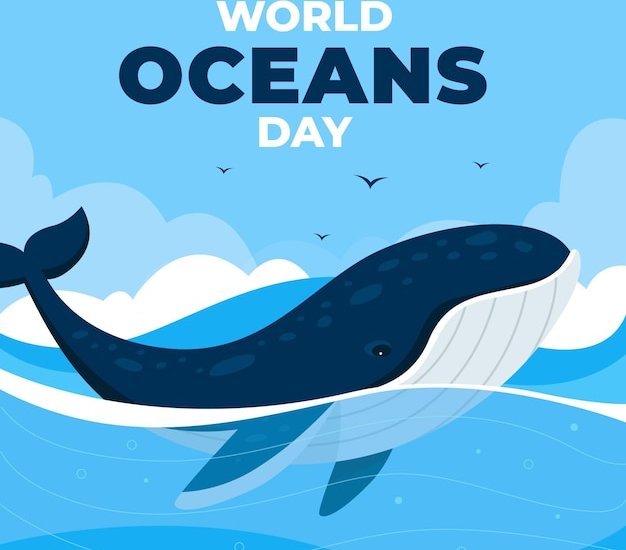Fascinating Facts about Europe

Europe is the second smallest continent in the world, after Australia.
Europe has a population of approximately 750 million people.
The European Union consists of 27 member countries.
Europe is home to the world’s oldest university, the University of Bologna in Italy, founded in 1088.
The tallest mountain in Europe is Mount Elbrus in Russia, standing at 5,642 meters.
Europe has the highest literacy rate in the world, with an average of 99%.
The European continent is divided into four main regions: Western Europe, Eastern Europe, Northern Europe, and Southern Europe.
Europe is known for its rich cultural heritage, with countless historical landmarks and famous artworks.
The Euro became the official currency of the European Union in 2002.
Europe is home to the smallest country in the world, Vatican City, which occupies an area of just 44 hectares.
Europe has a vast railway network, making it easy to travel between countries.
The Eiffel Tower in Paris, France, attracts millions of visitors each year and is an iconic symbol of Europe.
Europe is known for its exquisite cuisine, with each country having its own unique dishes and flavors.
The European continent has a total of 50 countries, including both EU and non-EU members.
Europe has a temperate climate, with varying temperatures depending on the region.
The European Parliament, located in Strasbourg, France, is the only directly elected body of the European Union.
Fascinating Facts about Europe part 2
Europe is home to some of the world’s most renowned fashion capitals, including Milan, Paris, and London.
The longest river in Europe is the Volga, spanning 3,531 kilometers.
Europe has a diverse range of languages, with over 200 spoken throughout the continent.
The Acropolis in Athens, Greece, is a UNESCO World Heritage site and one of the most famous ancient landmarks in Europe.
Europe is known for its high-quality healthcare systems and life expectancy.
The Danube River, flowing through ten countries, is the second longest river in Europe.
Europe is a popular destination for winter sports, with countries like Austria, Switzerland, and Norway offering world-class skiing resorts.
Europe has a rich musical heritage, with classical composers like Mozart, Beethoven, and Bach hailing from the continent.
The Matterhorn, located in the Swiss Alps, is one of the most iconic and challenging mountains to climb in Europe.
Europe is home to some of the most esteemed universities, including Oxford and Cambridge in the United Kingdom.
The Colosseum in Rome, Italy, is the largest amphitheater ever built and attracts millions of tourists annually.
Europe has a range of climates, from Mediterranean to subarctic, offering diverse landscapes and experiences.
The European Space Agency (ESA) is headquartered in Paris, France, and is responsible for Europe’s space exploration efforts.
Europe has a rich literary tradition, with celebrated authors like Shakespeare, Tolstoy, and Orwell originating from the continent.
The Berlin Wall, which divided East and West Germany during the Cold War, was demolished in 1989, symbolizing the reunification of Germany and the end of the Cold War.
Europe is home to some of the world’s most famous music festivals, including Glastonbury in the UK and Tomorrowland in Belgium.
The Louvre Museum in Paris houses the most extensive collection of art in the world, including the iconic painting, Mona Lisa.
Europe is known for its efficient and reliable public transportation systems, including extensive subway networks in major cities.
The European continent is surrounded by several seas, including the Mediterranean Sea, Baltic Sea, and Black Sea.
Europe has a long history of monarchy, with several countries still having royal families, such as the UK, Sweden, and Denmark.
The Northern Lights, also known as Aurora Borealis, can be seen in countries like Norway, Sweden, and Finland.
Europe has a diverse range of landscapes, from rolling countryside to stunning coastlines and towering mountains.
Football, or soccer, is the most popular sport in Europe, with passionate fans supporting their local teams.
Europe has a well-developed transportation infrastructure, including high-speed rail networks connecting major cities.
The European continent is known for its love of coffee, with cafes and coffeehouses found in every city and town.
Europe has a rich tradition of folklore and fairy tales, with famous stories like Cinderella and Snow White originating from the region.
The European Union is the largest economy in the world, surpassing the United States.
Europe is home to some of the world’s most iconic landmarks, including the Colosseum, Eiffel Tower, and Big Ben.
Europe has a vibrant music scene, with various genres and styles coming from different countries, from classical to techno and everything in between.

